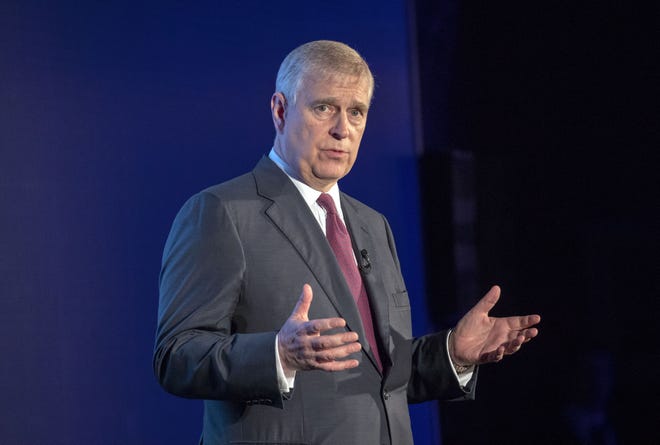Conservative group sues to block private elections grants to Madison, 4 other Wisconsin cities
A conservative group has filed a lawsuit seeking to block more than $6.3 million in private federal election grants designated for five Wisconsin cities, including Madison, claiming the money constitutes bribery to boost voting in progressive communities.
On Thursday, Wisconsin Voters Alliance and seven of the group’s members filed a federal lawsuit against funds announced this summer by the nonprofit Center for Tech and Civic Life (CTLC). The lawsuit seeks to block the funds, alleging that only states have discretion on implementing federal elections, and marks the latest legal battle in the upcoming presidential election in Wisconsin.
“Under federal election law, the Cities of Racine, Milwaukee, Kenosha, Green Bay and Madison are not ‘states,’” the lawsuit states. “Accordingly, they have no legal authority to accept and use private federal election grants.”
Under the grant, Madison is set to receive $1.3 million, Milwaukee $2.2 million, Green Bay $1.1 million, Kenosha $863,000 and Racine $942,000. CTCL says the group seeks to modernize elections and make them more professional, inclusive and secure.
Some of CTCL’s major funders include Google, Facebook and the Knight Foundation. The nonprofit’s $250 million in grants was funded by Facebook co-founder and CEO Mark Zuckerberg and his wife and philanthropist Priscilla Chan.
In the lawsuit, which says the grants constitute an impermissible public-private partnership, the plaintiffs claim the group has progressive leanings and points out that cities chosen by CTCL to receive funding show “high rates of progressive voters.” The majority of voters in all five Wisconsin cities voted for Hillary Clinton in the 2016 election.
One of the claims in the lawsuit is that the National Voter Registration Act, dubbed the “Motor Voter Act,” preempts CTCL’s grants. The act, passed in 1993, requires states to allow individuals to register to vote at the same time that they apply for a driver’s license. However, Wisconsin is one of a handful of states exempt from the act.
CTCL announced this summer that $250 million in grant funds would be made available to local elections officials ahead of the November election. Funds could be used for expanding voter education and outreach, recruiting and training poll workers, supporting in-person and mail voting and maintaining safety amid the COVID-19 pandemic.
“CTCL will provide grants to local election jurisdictions across the country to help ensure you have the staffing, training, and equipment necessary so this November every eligible voter can participate in a safe and timely way and have their vote counted,” according to the group’s website.
The announcement followed the state’s Supreme Court and presidential primary election, which saw cities across the state dipping into their budgets in order to meet the demands of safely holding an election amid a pandemic.
“We experienced in April how incredibly challenging it is to run an election during a pandemic and frankly how expensive it is to do it right,” Madison Mayor Satya Rhodes-Conway said in July. “Ideally this funding would come from the federal government who would be providing for a safe, secure election all across the country. Absent that, I’m grateful there are folks out there in the private sector who want to both provide technical assistance to cities and the support needed for us to do it on our own.”
Rhodes-Conway said in July the city planned to use the grant to help fund voting centers; add drop boxes around the city to return absentee ballots; provide a better infrastructure for the city to process absentee ballots; provide protective equipment for polling stations; and recruit additional poll workers.
City Attorney Michael Haas declined to comment on the lawsuit.
Earlier this summer the Wisconsin Elections Commission approved setting aside more than $4 million of a $7.3 million federal grant to help Wisconsin cities and towns with budget costs related to COVID-19 for upcoming elections. Purposes for the funding overlap in some ways with the CTCL grant.
Examples of how the state grant can be used include purchasing additional ballot supplies, printing and postage costs, additional cleaning supplies and protective equipment, more staff for processing absentee ballots, public communications on changes to the voting process, installing additional absentee drop-boxes, leasing of polling places when existing sites are closed or relocated, and additional equipment to process absentee ballots.
The commission also approved $500,000 for local clerks to secure sanitation supplies, such as hand sanitizer.
In the state’s first and only COVID-19 relief bill so far, state Democrats sought to add funding for future elections, but the final version passed by the Republican-controlled Legislature and signed by Democratic Gov. Tony Evers lacked the provision.








